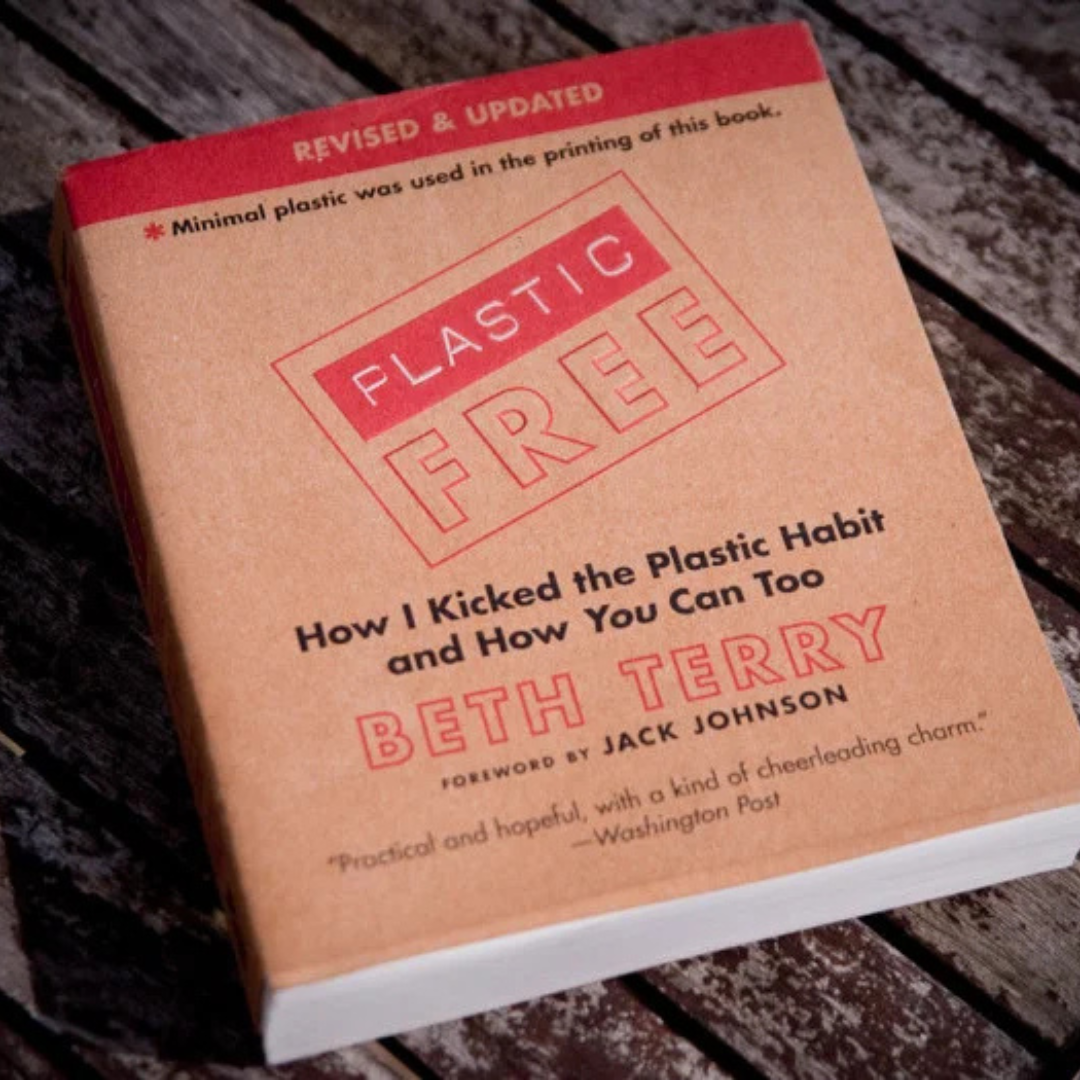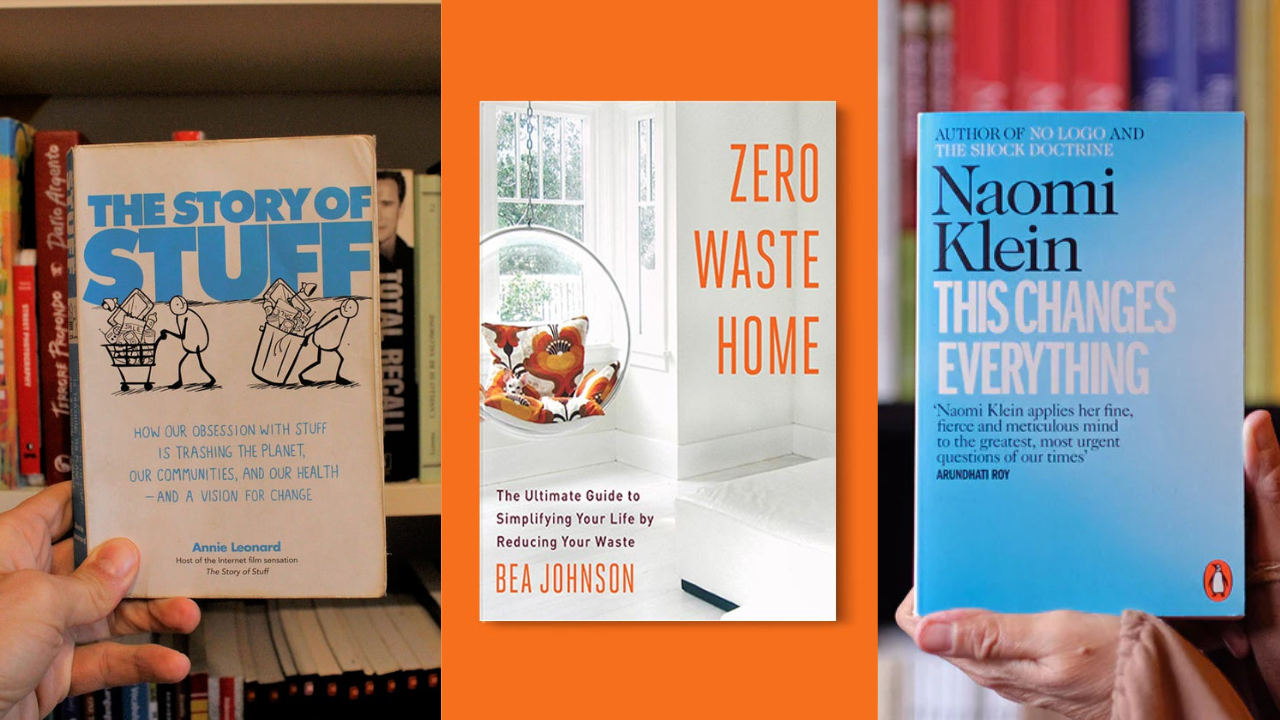
World Environment Day: Books That Will Make You Rethink Everything You Throw Away Image-Instagram
 ‘Waste: Uncovering the Global Food Scandal’ by Tristram Stuart Image-Instagram
‘Waste: Uncovering the Global Food Scandal’ by Tristram Stuart Image-InstagramStuart explores the alarming scale of food waste across supply chains, homes, and supermarkets. He reveals how surplus food could feed millions and argues that reducing waste is one of the easiest ways to tackle hunger and climate change. Backed by data and firsthand investigations, this book highlights the absurdity of modern food systems and challenges readers to take responsibility, starting from their own fridge.
2. Garbology: Our Dirty Love Affair with Trash by Edward Humes
Humes dives deep into America’s trash problem, tracing the journey of garbage from bins to landfills. He explores why Americans generate so much waste and how it impacts the environment. Through engaging storytelling and real-life profiles, from landfill workers to zero-waste advocates, this book forces readers to reconsider the unseen consequences of everyday disposal habits.
 ‘Plastic-Free: How I Kicked the Plastic Habit and How You Can Too’ by Beth Terry Image-Instagram
‘Plastic-Free: How I Kicked the Plastic Habit and How You Can Too’ by Beth Terry Image-InstagramAfter learning about the dangers of plastic pollution, Beth Terry decided to eliminate plastic from her life. This guide documents her journey, filled with practical tips and accessible alternatives. More than just a personal narrative, it empowers readers to take small, manageable steps toward reducing their plastic use. A powerful call to action for anyone overwhelmed by the plastic crisis.
Leonard breaks down the lifecycle of consumer goods, from extraction to production, consumption, and disposal. Based on her viral documentary, this book connects global systems of overproduction with environmental degradation and social injustice. It challenges the “more is better” mindset and encourages readers to adopt conscious consumption practices. A must-read for those questioning the cost of modern convenience.
5. Junkyard Planet by Adam Minter
 ‘Junkyard Planet’ by Adam Minter Image-Instagram
‘Junkyard Planet’ by Adam Minter Image-InstagramThis investigative book takes readers into the billion-dollar global scrap industry. Minter, a journalist with firsthand experience in the recycling trade, uncovers where our discarded electronics, metals, and plastics really end up. Far from being just “junk,” waste becomes a resource in an international economy. A fascinating glimpse into how trash becomes treasure and the ethics behind it.
Bea Johnson transformed her family’s lifestyle to produce almost no waste, and this book explains how. From kitchen swaps to minimalist shopping, she offers practical strategies for reducing everyday trash. Her philosophy centres around five Rs—Refuse, Reduce, Reuse, Recycle, and Rot. Johnson proves that sustainable living isn’t just good for the planet; it can simplify and enrich our lives.
7. Rubbish! The Archaeology of Garbage by William Rathje and Cullen Murphy
 ‘ Rubbish! The Archaeology of Garbage’ by William Rathje and Cullen Murphy Image-Instagram
‘ Rubbish! The Archaeology of Garbage’ by William Rathje and Cullen Murphy Image-InstagramThis unique book applies archaeological methods to modern garbage. Rathje’s Garbage Project reveals surprising truths about consumption habits, food waste, and recycling myths. What we throw away, the authors argue, tells more about us than we think. It’s a thought-provoking exploration of how our trash reflects our culture, and why understanding it is essential for a sustainable future.
Klein argues that the climate crisis is deeply rooted in unchecked capitalism. While not solely about waste, the book challenges the economic systems that promote overconsumption and disposability. With rigorous reporting and compelling arguments, Klein insists that meaningful environmental reform requires structural change. It’s a sobering read that connects personal habits to larger political realities.
9. A Terrible Thing to Waste by Harriet A. Washington
 ‘A Terrible Thing to Waste’ by Harriet A. Washington Image-Instagram
‘A Terrible Thing to Waste’ by Harriet A. Washington Image-InstagramThis powerful book explores environmental racism and its effects on marginalised communities. From toxic waste sites to air pollution, Washington documents how environmental harm disproportionately affects Black and brown populations. While not focused on household waste, it expands the conversation to include systemic injustice, reminding us that what we throw away often ends up hurting those with the least power.
In an attempt to reduce his carbon footprint, Beavan spent a year eliminating his environmental impact while living in New York City. This memoir covers everything from food sourcing to waste reduction, all with humour and self-awareness. His journey shows the challenges and rewards of sustainable living, offering inspiration to anyone who wants to make real changes without losing their sanity.
Rethinking waste isn’t just about swapping plastic straws or composting leftovers—it’s about changing the way we live, buy, and discard. These ten books reveal the environmental, economic, and ethical layers of waste, inspiring a shift in both mindset and action. This World Environment Day, let these stories guide you toward more intentional, sustainable living—because what we throw away doesn’t really go away.
